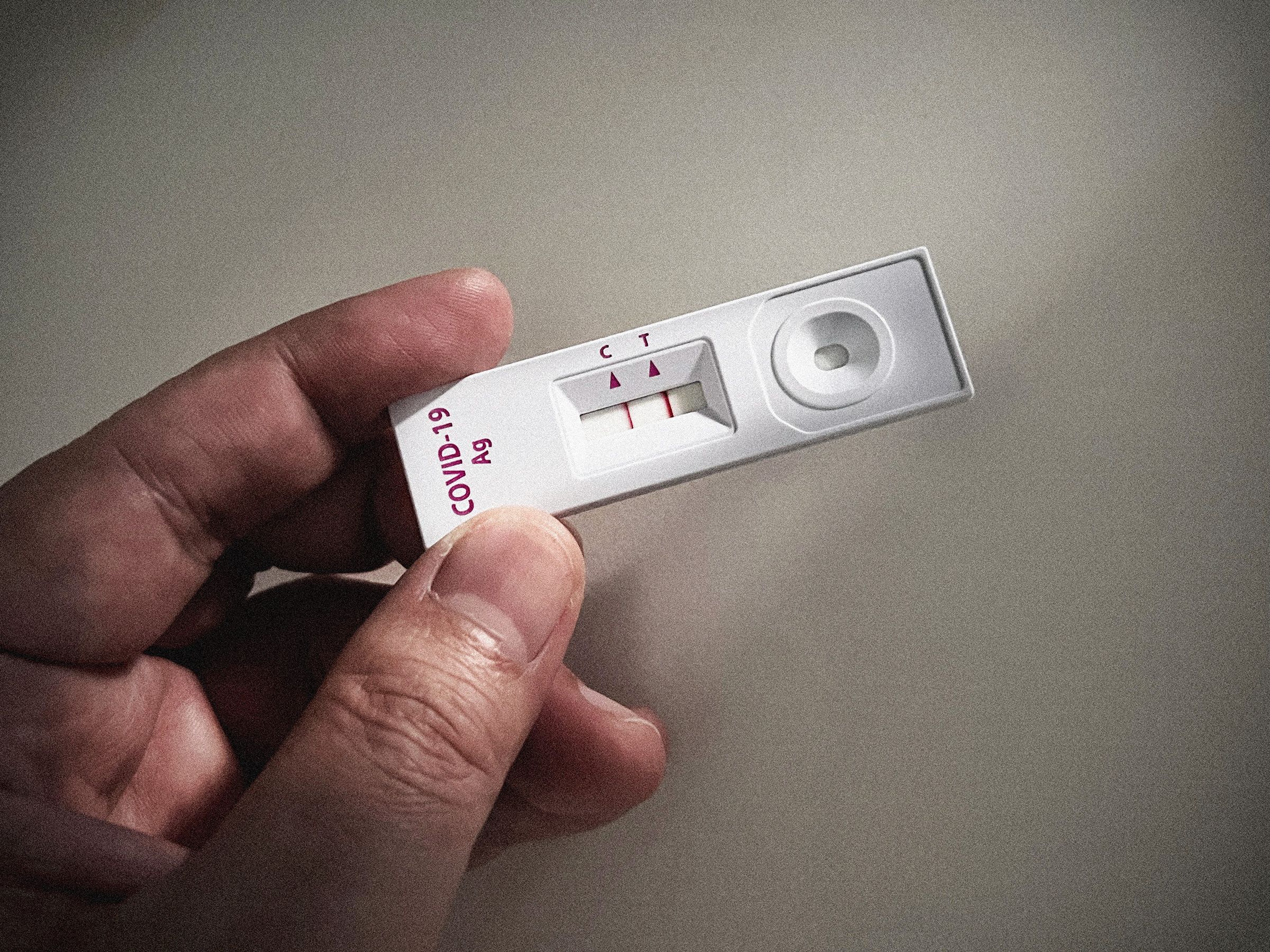Navigating the New Wave: What You Need to Know About the NB.1.8.1 Covid Variant
 The Tech Times
The Tech Times
As the world continues to grapple with the enduring impacts of the Covid-19 pandemic, a new variant named NB.1.8.1 has emerged, raising concerns across America and Europe. According to the World Health Organization (WHO), this variant exhibits specific mutations that could potentially enhance its transmissibility and, worryingly, might partially undermine the neutralizing efficacy of certain antibodies. This development invites us to revisit historical patterns of viral mutations and consider their implications for global health strategies.
Understanding the Mutation Mechanism
The emergence of Covid-19 variants like NB.1.8.1 is not an isolated event. Viruses, by nature, mutate over time. This process can be driven by natural selection, where mutations that confer advantages such as increased transmissibility or immune escape become more prevalent. The NB.1.8.1 variant's potential to decrease the efficacy of neutralizing antibodies is particularly concerning, as it could challenge the effectiveness of current vaccines and therapeutic antibodies.
Historically, the influenza virus provides a valuable parallel. The flu virus continuously evolves, necessitating regular updates to vaccine formulations to maintain efficacy. Similarly, Covid-19's ability to mutate means that scientists and healthcare systems must remain vigilant and adaptable to evolving strains.
Lessons from Past Variants
The Covid-19 pandemic has already seen several significant variants, each presenting unique challenges. The Delta variant, identified in late 2020, marked a turning point in the pandemic due to its high transmissibility and severe impact on healthcare systems. Lessons learned from Delta's global spread underscored the importance of rapid response strategies, including scaling up vaccinations, implementing public health measures, and enhancing genomic surveillance.
Similarly, the emergence of the Omicron variant highlighted the virus's potential for significant mutations, affecting the performance of vaccines initially designed against the original strain. Omicron's rapid spread and the need for booster doses emphasized the dynamic nature of the pandemic and the ongoing requirement for flexible, evidence-based responses.
Implications for the Future
The NB.1.8.1 variant’s potential impact on antibody efficacy serves as a reminder of the critical need for continuous research and adaptation in vaccine development. Scientists are already exploring next-generation vaccines that target multiple viral proteins, potentially offering broader protection against diverse strains. Additionally, antiviral treatments are being evaluated for their effectiveness against newly emerged variants, ensuring that therapeutic options remain robust.
Public health officials and leaders must also consider the socio-economic implications of prolonged pandemic conditions. The resilience of healthcare systems, supply chains, and economies are all tested by the persistent threat of new variants. Collaborative international efforts and data sharing are crucial in creating a unified response to these challenges.
A Call for Vigilance and Innovation
As the world watches the trajectory of the NB.1.8.1 variant, it is clear that maintaining vigilance is paramount. The lessons learned from previous variants must inform our strategies, ensuring that we are better prepared to mitigate the impacts of this and future mutations. Continued investment in research, healthcare infrastructure, and international cooperation will be vital in navigating this new chapter of the pandemic.
The path forward lies in a balanced approach that combines scientific innovation, public health vigilance, and global solidarity. Only through such a concerted effort can we hope to manage the evolving nature of Covid-19 and protect global health.
Source: WHO Monitors New Covid Variant Spreading in America and Europe
Subscribe to my newsletter
Read articles from The Tech Times directly inside your inbox. Subscribe to the newsletter, and don't miss out.
Written by
